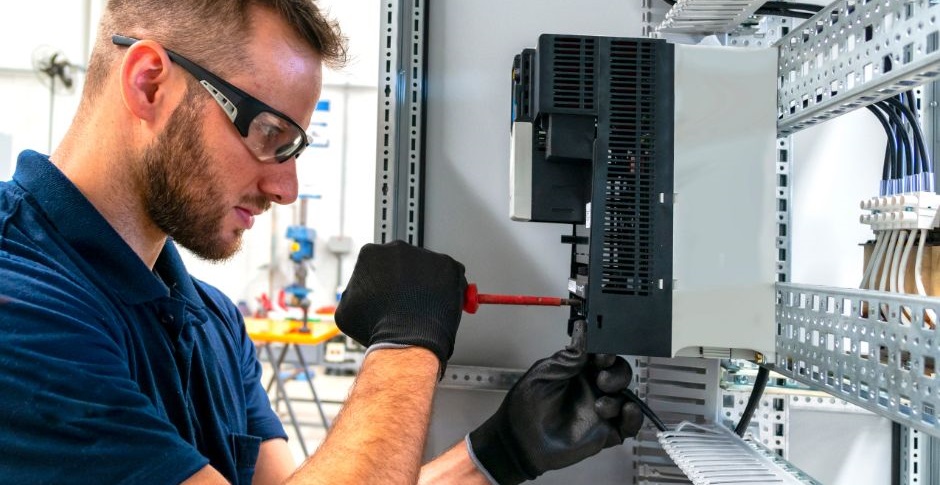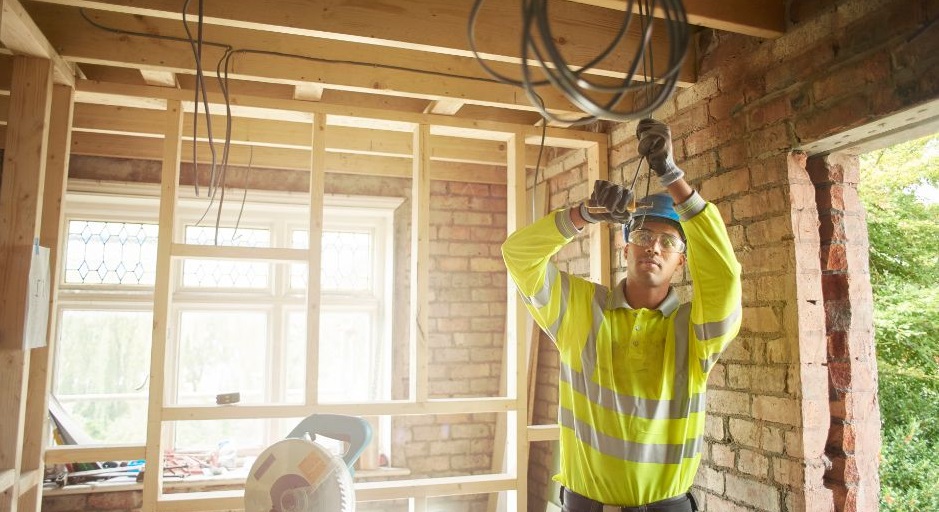
Electricians in the UK hold a pivotal role in the modern world, ensuring the safe and reliable operation of electrical systems in homes, businesses, and public infrastructure. From installing lighting fixtures and power outlets to maintaining complex industrial machinery and electrical grids, electricians play a crucial part in virtually every aspect of daily life. Their expertise and skill are essential for powering the technologies and conveniences that society relies on, making them indispensable members of the workforce.
The history of electricians in the UK can be traced back to the late 19th century when electricity began to revolutionize industries and urban landscapes. As cities expanded and demand for electrical power grew, skilled tradespeople were needed to install, maintain, and repair electrical systems. In 1881, the City and Guilds of London Institute introduced the first electrician certification program, laying the foundation for the professionalization of the trade.
Since then, the field of electrical engineering has undergone significant evolution, driven by advancements in technology, safety standards, and regulatory requirements. Today, electricians in the UK must undergo rigorous training and certification to ensure they have the knowledge and skills necessary to work safely and competently with electrical systems.
One of the primary responsibilities of electricians is the installation of electrical wiring, fixtures, and appliances in residential, commercial, and industrial settings. This includes everything from wiring a new home or office building to retrofitting existing structures with modern electrical systems. Electricians must carefully plan and execute wiring layouts, ensuring compliance with building codes and safety regulations while meeting the specific needs and preferences of their clients.
In addition to installation, electricians are also responsible for troubleshooting and repairing electrical faults and malfunctions. This can range from simple tasks such as replacing a faulty light switch to more complex diagnostics and repairs on industrial machinery or electrical distribution systems. Electricians must possess strong problem-solving skills and technical expertise to identify and resolve issues quickly and effectively.
Safety is paramount in the field of electrical work, and electricians undergo extensive training to ensure they can work safely with electricity. They must be familiar with electrical codes and regulations, as well as best practices for preventing electrical hazards such as shocks, fires, and explosions. Electricians use specialized tools and equipment, such as multimeters, circuit testers, and personal protective gear, to mitigate risks and protect themselves and others from harm.

Furthermore, electricians in the UK play a critical role in promoting energy efficiency and sustainability. With growing concerns about climate change and energy consumption, there is a growing emphasis on reducing energy waste and transitioning to renewable energy sources. Electricians help achieve these goals by installing energy-efficient lighting, heating, and cooling systems, as well as renewable energy technologies such as solar panels and wind turbines.
Moreover, electricians are at the forefront of innovation in the field of smart home technology. With the rise of Internet of Things (IoT) devices and home automation systems, electricians are increasingly tasked with integrating these technologies into residential electrical systems. This includes installing smart thermostats, lighting controls, security cameras, and other connected devices that enhance convenience, comfort, and energy efficiency in homes.
In the industrial sector, electricians play a vital role in maintaining and optimizing electrical machinery and systems. This includes everything from motors and generators to control systems and process automation equipment. Electricians work closely with engineers and maintenance technicians to ensure that industrial facilities operate safely, reliably, and efficiently, minimizing downtime and maximizing productivity.
The demand for electricians in the UK remains strong, driven by ongoing construction projects, infrastructure upgrades, and the need for skilled professionals to maintain and modernize existing electrical systems. Electricians can find employment opportunities in various industries, including construction, manufacturing, utilities, and telecommunications, as well as in the public sector and as self-employed contractors.
In conclusion, electricians in the UK play a vital role in powering the nation’s homes, businesses, and infrastructure. With their expertise in electrical systems, commitment to safety, and dedication to excellence, electricians ensure that electricity remains a reliable and indispensable resource for society. As technology continues to evolve and energy demands grow, the role of electricians will only become more critical in shaping the future of the UK’s electrical infrastructure.
